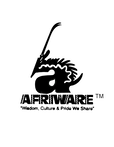|
Prolific author, lecturer, African-centered Nile Valley scholar, dr. Yosef ben-Jochannan cracked open the presumptions and misinformation in the Western wall of literature in mainstream history books about ancient African people and their (our) contributions to society. Seemingly unbothered by empty challenges from those who tried to throw darts in his extensively detailed research, he boldly went where few dared to roam; outside of the ivy league initiated anti-African rhetoric. Africans worldwide are better off for the conversations he forced the world to have as a result. This is a list of titles that are in print. Thoughout his life, it is recorded he wrote a total of 49 titles. BOOKS LIST OF DR. YOSEF BEN-JOCHANNAN
My fondest memories of Dr. Yosef ben-Jochannan (December 31, 1918 – March 19, 2015) came when he visited my store, Afriware Books, Co in the early 2000’s. It was our largest event to date. It was so large that we worked with the Maywood Park District to rent their facilities, or so we thought we would. We are eternally thankful to this day to the Director at the time, Dr. Al McKinnor, who insisted on reducing our fee because he respected this giant legendary figure and wanted to participate in this way. People traveled from near and far to see him. It turned out that he had family in Chicago. One of the esteemed guests to his lecture was a tall soft spoken woman who was accompanied by a body guard. When she gently approached me on the day of his lecture to ask if she could schedule some time to speak with him afterward, I didn’t know who she was. Later I was told of her position as Sister Tynetta Muhammad, wife of Elijah Muhammad. I quickly was schooled on ben-Jochannan’s vast reach and the stature of those he impacted. She and many others waited patiently as he took his time to speak with each and every one of them. He was so thoughtful with everyone, that we had to interrupt some to keep the line moving.
People responded to him like a celebrity, gathering close to him to hear every word out of his mouth. Some dared to challenge him and he basically destroyed them, with facts. As his friend Dr. Clarke used to say, paraphrasing, “I only debate my peers, all others I teach.” After travelling the world and researching as he did, I imagine it being frustrating especially when the questions come with that accusatory tone that is unnecessary. Seeing a mob of people move with his every move was interesting to witness. At a certain point we had to impose some space around him, or ask people to limit their questions to give others an opportunity to ask. It was an absolute delight to interact with the great Dr. Yosef ben-Jochannan. He lit Maywood a fire with his potent words that seemed to travel directly from the heart of the continent to pour into us. The tone in his voice conveyed a deep passion he had invested in for decades. Though his scholarship could match and exceed the veneer of Western Egyptologists, he summarized effortlessly for the common man and woman to understand. I remember he said, “heaven is between a Black woman’s legs.” This he meant quite literally and figuratively with all the stone carvings and hieroglyphics to back up his words. This point in his lecture drew laughter in part because of his raw honesty, and the other part, because secretly we all knew it was true but hadn’t said it out loud. Telling the truth about Africa was “Dr. Ben’s (as he was affectionately known) specialty, without apology or spruced up with bow ties and suits. He often jeered at the language of the starched shirt scholars that spewed lies about our Ancestral Heritage. With straight face and sobering facts, Dr. Ben laid it on thick with an extra helping of hot sauce. Hearing Dr. Ben speak or to read his work is to be given a concentrated dose of information that you likely haven’t heard before. When I first read his “Black Man of the Nile and His Family,” I remember spending almos 1 hour on 1 page. He has taken the time and care to weave years into one sentence as is demonstrated in this excerpt from “Black Man of the Nile.” Just take for example his, “Alexander II (“the great”). “ What he has in quotes already tugs at curiosity when all that’s been repeated in mainstream history books was in great reverence for “Alexander, the Great,” as if that is his first, middle and last name, end of story. When Dr. Ben adds the quotations, it gives pause to question why he doesn’t appear to accept the robotically repeated Alexander, the Great. But upon further analysis, when the behaviour of this ruler are analyzed, why O WHY as an African person would I call a murderer of my ancestors, “The Great.” Dr. Ben challenges these ages old historical cliches with his literary ax. He doesn’t just bend or shape these previously accepted understandings, he outright cracks them open for all to see. Yosef ben-Jochannan quote Here in T-Nehisi the colossal STONES were cut and carved out of the marble, granite, and dorite quarries. All of this was completed hundreds of years before the arrival of the first European conquerors - the Macedonian-Greeks under Alexander II ( "the great") and general Soter. It was scenes such as this that made the earliest of the Greeks come to Ta-Merry [Alkebu-lan] and all of the other High-Cultures of the Lower Nile included, to learn architecture, engineering, mathematics, astronomy, medicine, history, philosophy, ast rology, numerology, agriculture, and all of the other disciplines they engaged in from before and after their first student, Homer, graduated in the teachings of the Nile Valley indigenous Africans' MYSTERIES SYSTEM that was centered in the OSIRICA at Luxor [today's Thebes]. They were the Africans whose descendants are now called "NEGROES" and "BANTUS." - Dr. Yosef ben-Jochannan, "Black Man of the Nile and His Family" Dr. Ben was one of the first to invite challengers or the inquisitive to “look for themselves.” He was a model historian in that he didn’t speak from what was handed down, as hearsay. He physically travelled and laid eyes and hands onto the stone to document for himself and for African people. This is the epitome of primary resource based research. When he tackled the most sensitive topic of religion as he did in his, “African Origins of Western Religions” he approached it from the angle of fact versus fiction. To ease our divisions developed against each other over religion, he said in a 1992 interview. “When we are going to say which one is right, wrong or indifferent, we must know all of these facts. You can not know just a Bible, you can not know just a Torah, you can not know just a Quran, you must know all the other works that went on to make those things PLUS others… you can’t read JUST the bible and tell me it is the best. You can’t read JUST the Quran and tell me it is the best...you must have read all of them and the sources that brought them about to reach a proper conclusion. Read all facts available on all sides of the story in order to come to a conclusion.” The humor and wit Dr. Ben used to lecture and break down the rigid walls surrounding our psyche’s to distance ourselves from each other. I’ve never heard history told in such a way to have us on the edge of our seats. As an African elder has become expertly seasoned to do, his approach seems to shock, ease, and then cause curiosity to sprout and grow. This is when critical thinking can begin to feel safer to explore than ever before. Though some of his language was quite unorthodox, I must admit that because of the strong armour with which we may have carried in with us to listen, it was most effective in getting our attention to cause a stir in our minds. I think that part of his approach was to intentionally disrupt and in some cases disrespect to cause the conversations to begin the process of unraveling the long list of lies. When Afriware Books hosted him, we had 3 separate events:
It was delightful. And somewhere between driving him around these places we had a conversation about religion. He told me his family members are a part of almost every type of religion. I was in disbelief because of what I viewed were his strong beliefs against all of them. I asked him how he handled it. He said it wasn’t a big deal and that his children could be whatever religion they wanted. I remember right then and there thinking, welp, if Dr. Ben can be flexible enough to allow his children opportunity to explore and express themselves through various religions, then certainly we can relax the tension some of us have to convert each other to one religions or another. What to start with...If you're wondering which book to start with, I'd recommend "Cultural Genocide in the Black and African Studies Curriculum" due to its size and sample it will give you of his style of writing. Even though it is less than 200 pages, it will feel longer because it is as all his books are, highly concentrated. By this I mean that he can veer off in a tangentially related subject which may not be as familiar to you. This takes you on another adventure because of other questions that may be raised. If you are feeling ambitious, start with "Black Man of the Nile and his Family." It is 400 pages not including the extensive notes section. He will capture you from the first paragraph. Buckle your seat belt for unfamiliar road. Be open to new and interesting ideas. FINAL THOUGHTSAs always, I appreciate that you have read through this blog post. I hope that you’ve become curious to read more books by Runoko Rashidi. We ask that you consider purchasing your books from our Black owned bookstore, Afriware Books, Co. If there is a title you’d like to purchase that is not mentioned here, or could not be found on the website, feel free to email us at: [email protected]
Comments are closed.
|
AUDIOBOOKSMERCHGIFTSjoin email listACADEMIC BOOKSblog Author/
|
- Store
- Blog
- AUDIO BOOKS
- EBOOKS
- SEARCH
- Welcome
- GoFundMe
- TUCC
- Events
- READING GUIDE
- AUTHOR INFORMATION
- ARTIST BIO/PRICE
- NNEDI OKORAFOR BOOKS
- PODCAST
- LARUE'S HAND IN CLAY
- About Us
- FREQUENTLY ASKED QUESTIONS
- BOOK FAIR /SCHOOLS / CLUBS
- Photo Gallery
- EJP BOOK DRIVE
- Videos
- Newsletter/Articles
- Archives
- External Links
- Afriware Statement on COVID-19
- GREATER LAKES
- Afriware Merchandise
- AFFILIATE INFO
- SEBRON GRANT ART DESIGNS
- Mother's Day Bundles
- CARTOON
- ROBOTS
- STEM
AFRIWARE BOOKS CO. A COMMUNITY BOOKSTORE SERVING:
|
|
Melrose Park, IL
|
|
,AFRIWARE BOOKS, CO,
1033 SOUTH BOULEVARD, OAK PARK, IL 60302 708-223-8081 ONLINE SUPPORT: Thurs-Fri. 4-6pm Sat. 12-2pm, IN PERSON EVENTS: afriwarebooks.com/events |
Want to try a great website builder, try Weebly at: https://www.weebly.com/r/9SAD4V

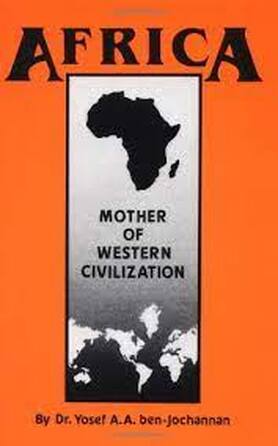
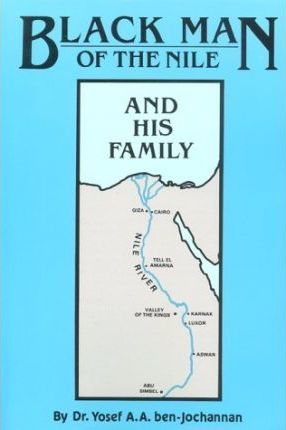
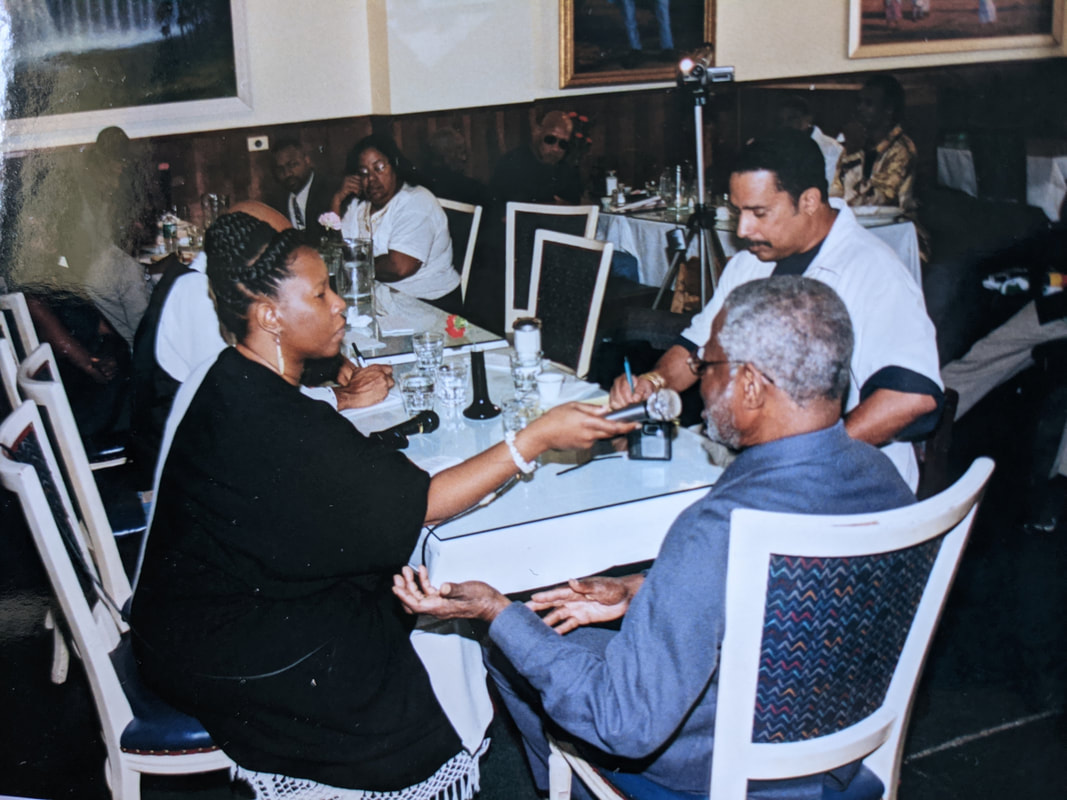
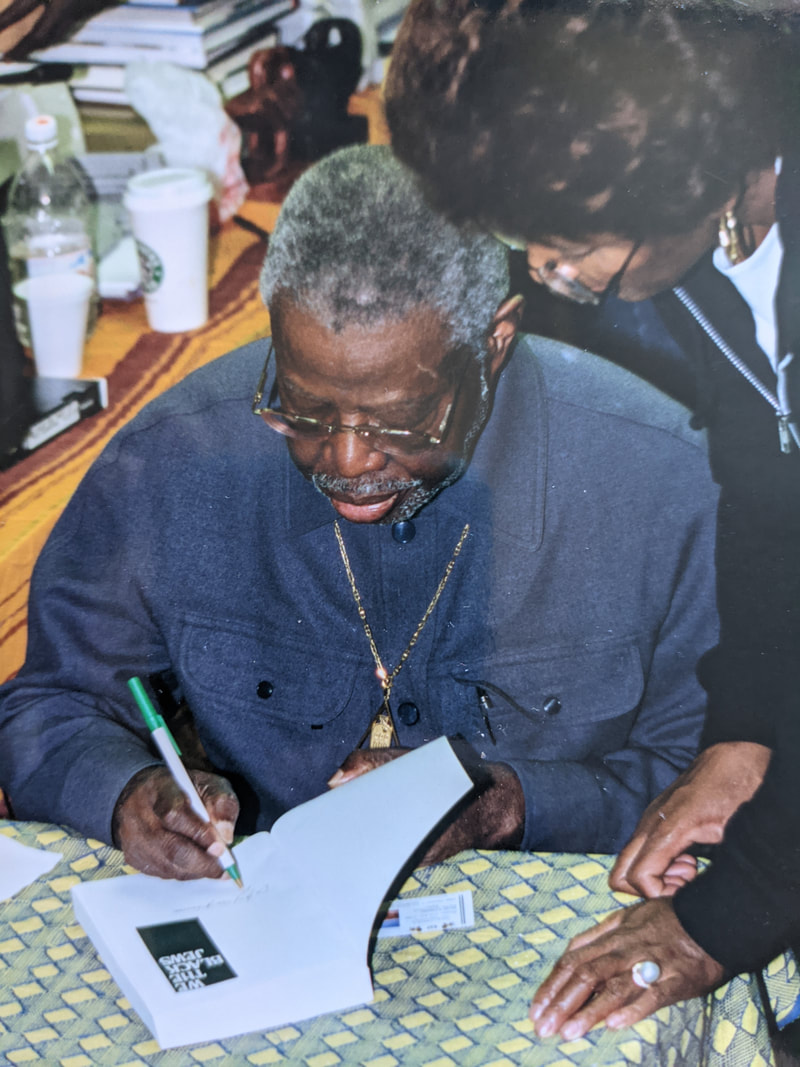
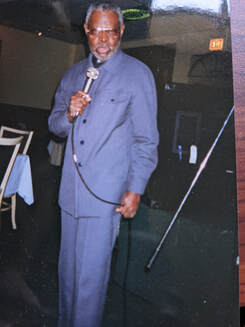
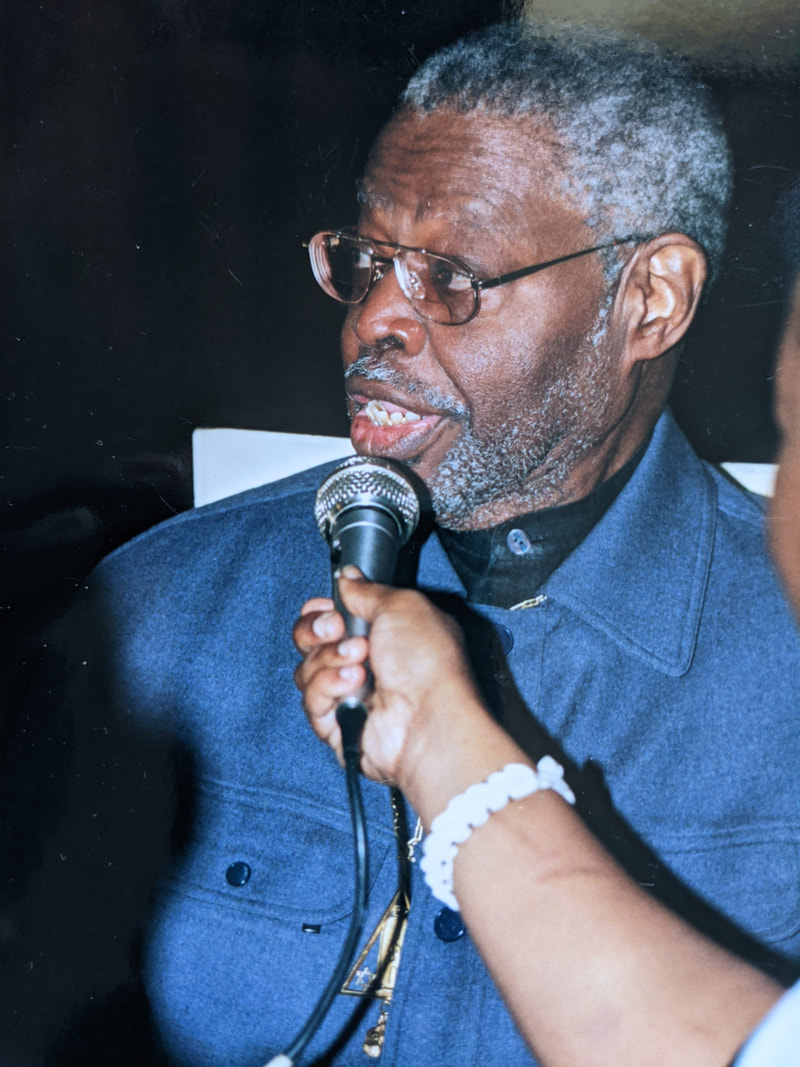
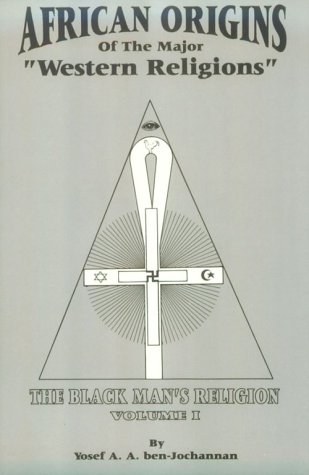
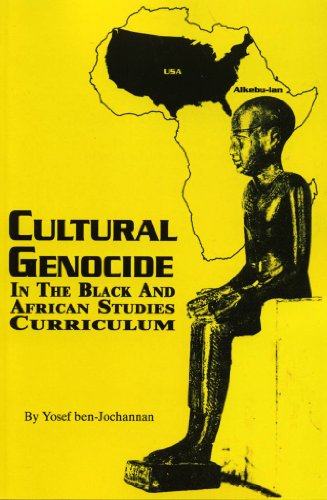
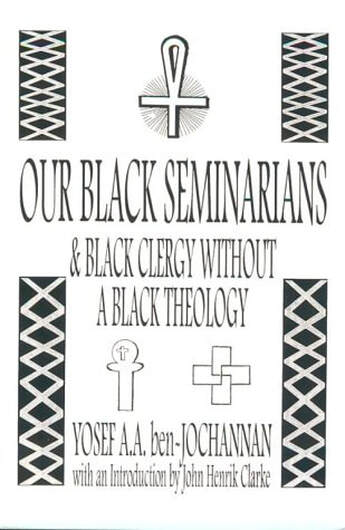
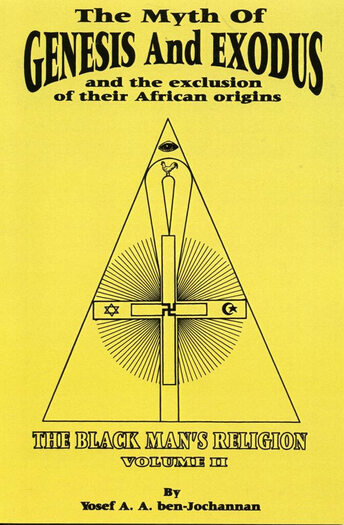
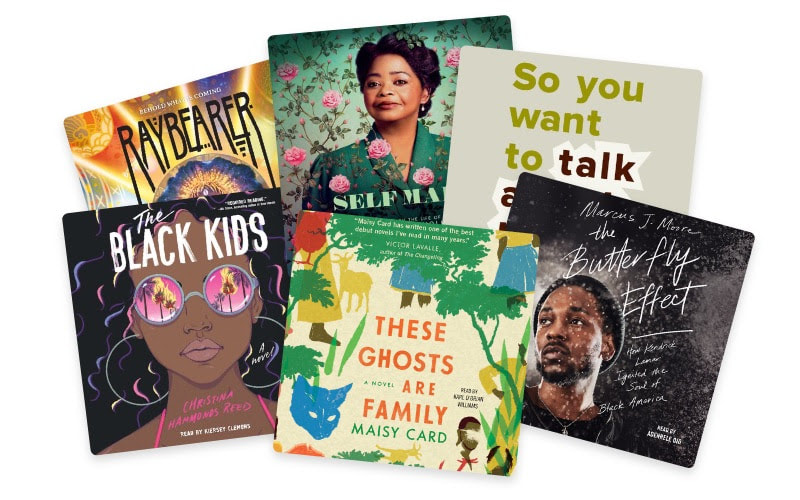




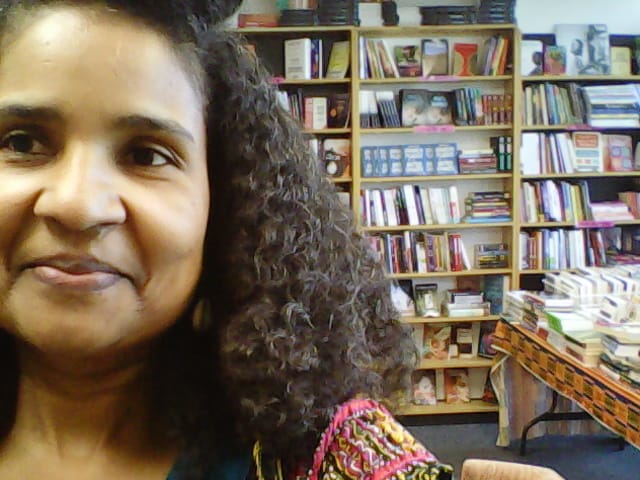
 RSS Feed
RSS Feed


